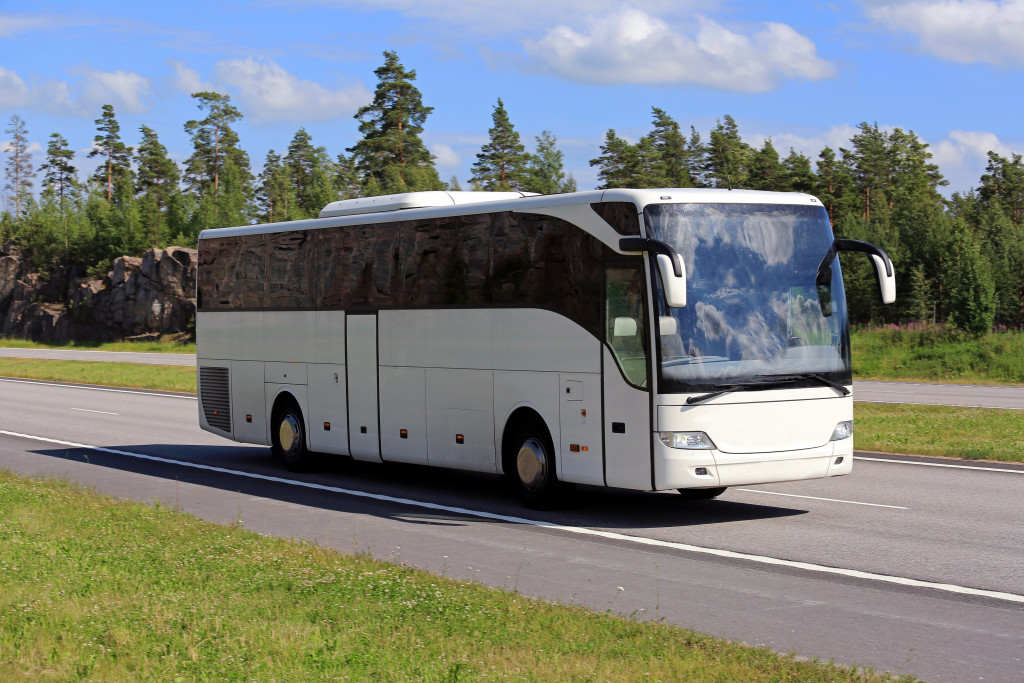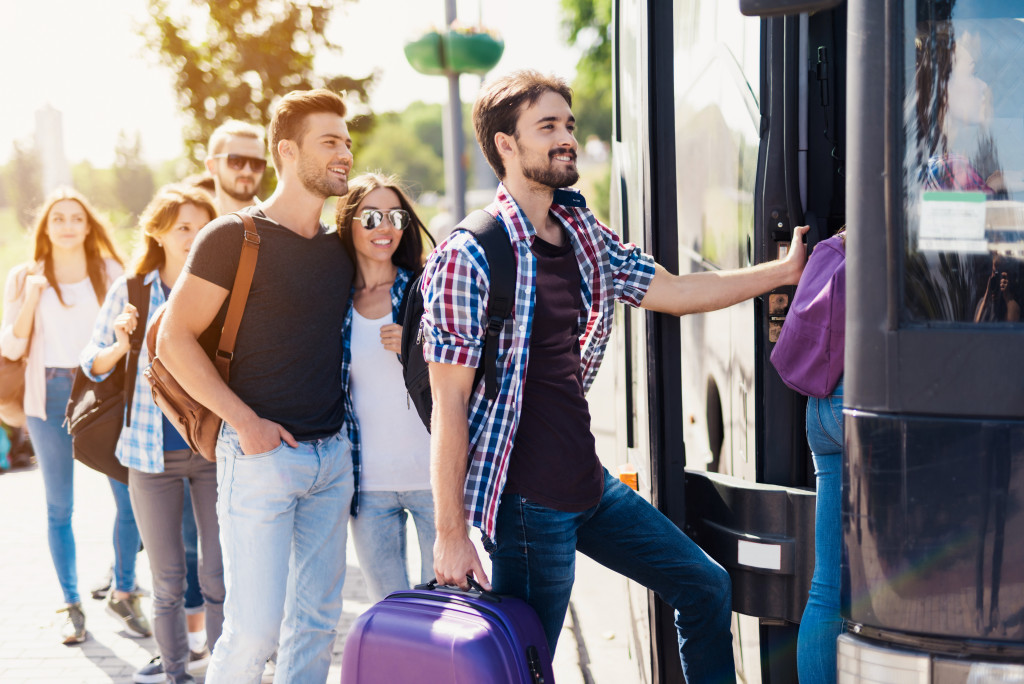Summertime is about to end, and with the increasing number of people getting vaccinated, the hopes are high in seeing the end of the tunnel for the pandemic encouraging most people to make a move and enjoy the remaining days of the season. Moreover, the Centers for Disease Control and Prevention have recently reduced travel restrictions for more than a hundred places worldwide. This is good news for those itching soles ready to hit the road again.
This is the perfect time for most people to be reunited with their loved ones, explore local tourism, revisit their favorite spots, and finally make that dream vacation come true. However, traveling has become significantly different from how we are used to, causing uncertainties. That said, the need to continuously update ourselves with numerous travel regulations will ease up the worry and lets you enjoy a well-deserved vacation, whether alone or with family.
Travel Protocols
- Protection – Whether you are planning on traveling by train, bus, planes, or any other modes of public transport, some restrictions need to be followed to protect yourselves and others. Ensure that you are equipped with sanitizers, face masks, prescribed medicines, and first aid kits in case emergencies happen along the way. Although people can already see some ease in wearing face masks outdoors and in public transportations, we should not let our guards down and still have to follow basic protocols to avoid transmitting the virus.
- Land Transportation – The most preferred mode of transport for most people is still road travel, especially for domestic places, yet even these journeys need more careful planning. Individuals traveling by car should consult the COVID-19 transportation and travel limitations map for the most up-to-date statewide and municipal restrictions and limitations. Maintaining the cleanliness and sanitization of your automobile, whether you are hiring one or driving your own, is essential.Use disinfectants to wipe or spray your car’s doorknobs, steering wheels, seats, and surfaces you come in contact with often for an additional sense of security. It is also best to have your car ready for the road by ensuring everything is working perfectly and avoiding any automobile mishaps, malfunctions, and inconveniences along the way. If your vehicle requires specific automaker care or equipment, like aToyota repair, consider visiting nearby auto professional services. At the very least, make sure the brakes, tires, and oils are all checked and in good working condition before hitting the road.

- Air Transportation – When traveling by air, keep in mind that some in-flight facilities, such as catering services, are still limited. Certain airlines also continue to restrict aircraft capacity or eliminate middle rows to encourage social distancing. In line with the pandemic, the Transportation Security Administration now allows each passenger to carry at least one 12-ounce of bottled liquid hand sanitizer in their carry-on luggage instead of the previous 3.4-ounce allowance. Face masks are also necessary.
- Cruising – Cruise enthusiasts would be pleased to know that some cruise companies intend to resume operations this year after more than a year of hiatus due to CDC limitations. Forthcoming itineraries have improved, and ships have undergone substantial renovations in line with protocols. Of course, tests and documentation of immunization will be required for these cruises.
- Accommodation – Before booking a hotel room, check on the health protocols for the establishment and if they have complete documentation to operate in the area. Also, inquire about their security measures, amenities, capacity limitations, and requirements for hotel employees that they have in place to safeguard you and your loved ones.
Careful planning
Preparedness is more critical now more than ever. Regardless if you’ve been on this journey several times before, you should conduct more research before proceeding. Expect that procedures are far more different now, so to avoid surprises and inconveniences, call at least a day before your journey. Confirm your reservation for your accommodation and ensure you have the complete requirements or updates on changes before hitting the road.
More importantly, check the latest restrictions and limitations on the destination you plan to visit. For example, some jurisdictions demand that visitors provide evidence of a negative test, vaccination, or one-week quarantine. Ensure that you are up to date on any modifications to each state’s rules for travelers.
In this transition period, the tourism and hospitality industry needs to reevaluate its system by emphasizing quality service, safety and prioritizing its customers for businesses to thrive in this sector. Activities, beautiful sceneries, and promises of relaxation are not enough to entice visitors anymore. Subsequently, it is our job as travelers to follow these protocols and equip ourselves with every protective measure available as much as possible to get the most out of our holidays.

